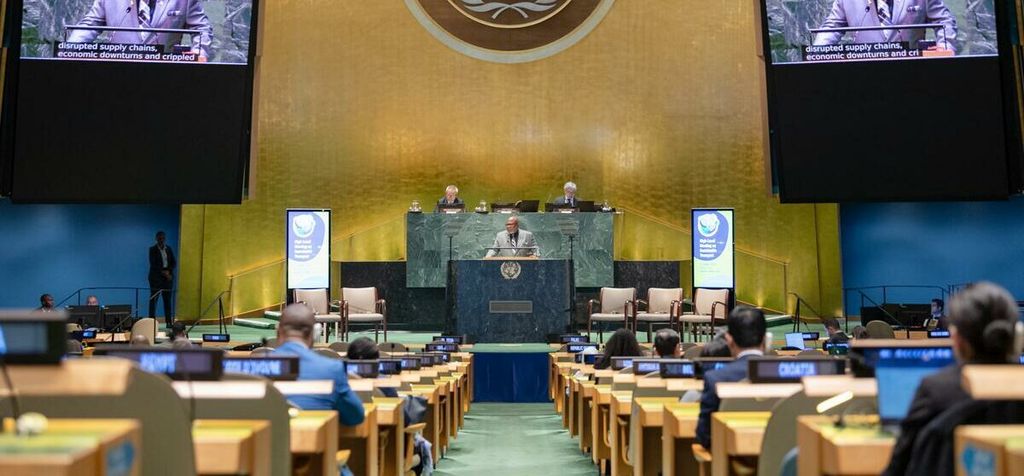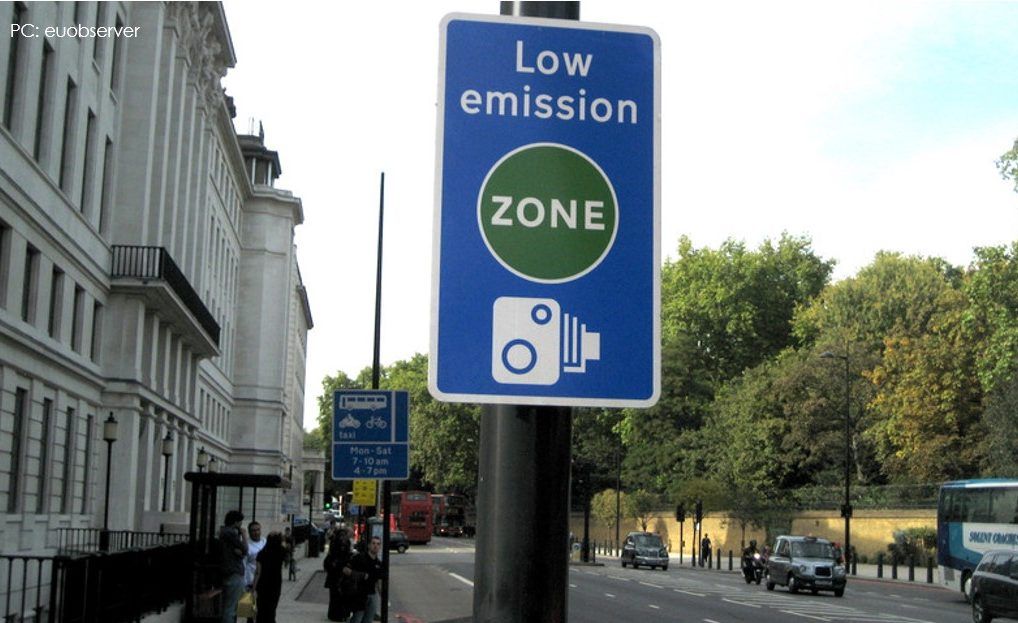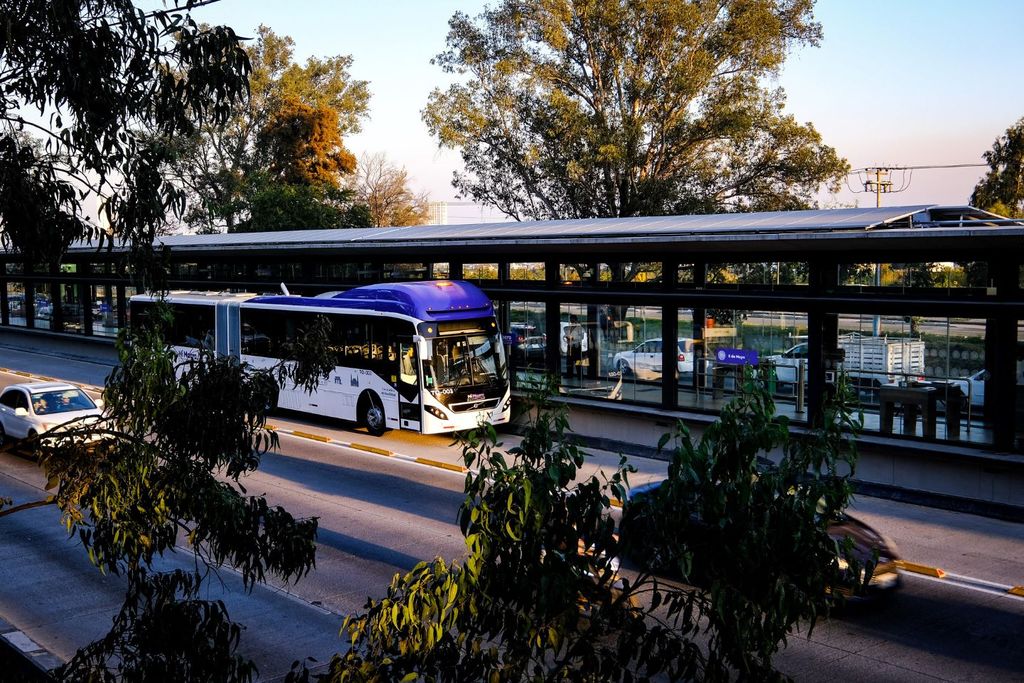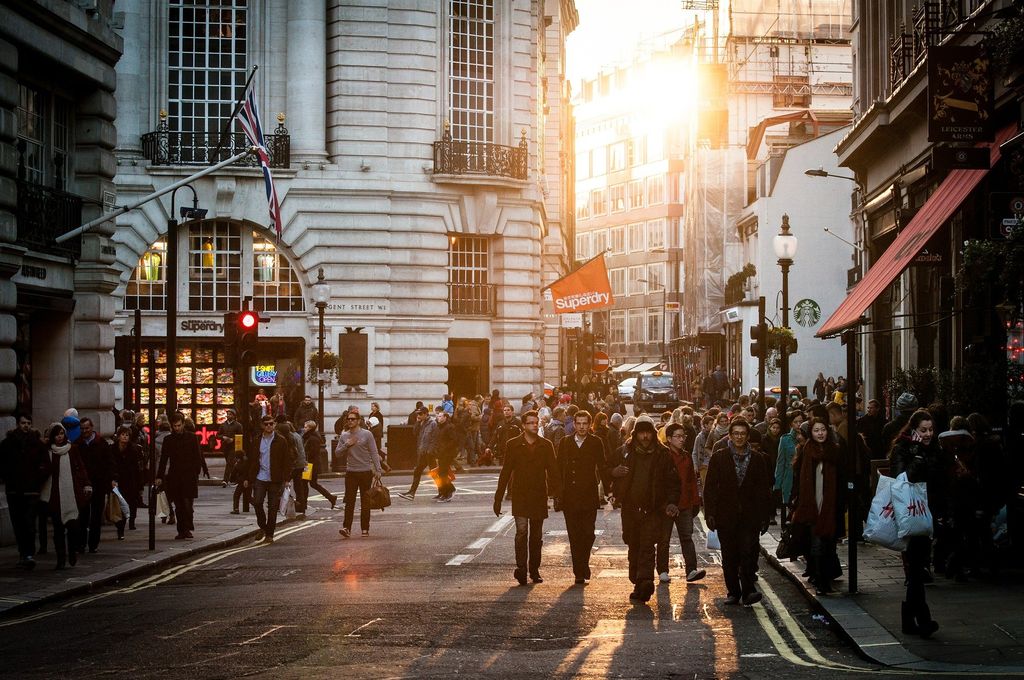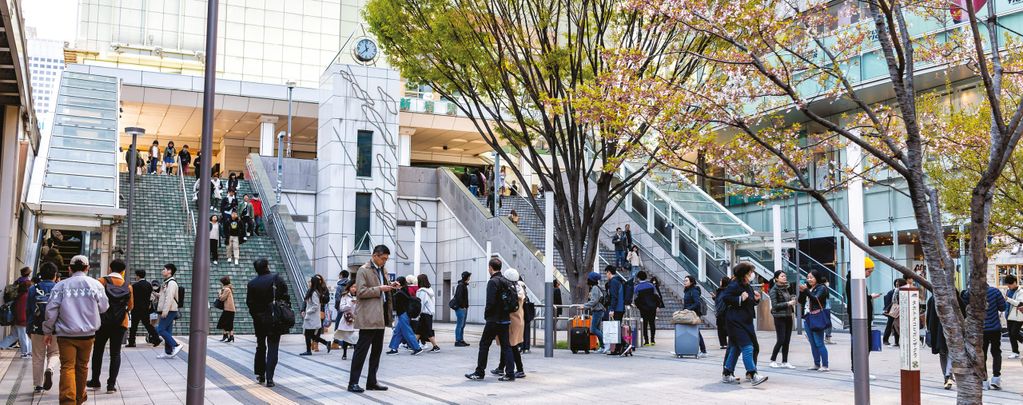
Back to Better Mobility: Work Better
As the world continues to face the ongoing situation of the coronavirus pandemic, UITP is looking to what life in our cities can be like in a post-COVID world.
It remains uncertain when our surroundings will return to full capacity. What we do know is that our cities may not resemble what they used to when that day comes. A great deal has changed, and could still change. But with a focus on rebuilding, our cities could be made better.
With that concept in mind, now is the time to envision a new outlook by building back better. We don’t need to go back to the same ways: we can resume city living with even better mobility.
During the COVID-19 outbreak UITP has worked alongside our international membership to focus on mobility post pandemic and to work towards defining a new landscape for everyone. Better Mobility is achievable.
So far in our journey to better mobility, we’ve looked at the ways we can move better and breathe better on our way to getting back to better mobility. Our focus on better mobility is placed into three pillars. Now we’re taking a closer look at working better in a post-pandemic world.
A future without public transport will damage the economy further
For many years UITP has worked hard to place the necessary spotlight on the role public transport plays in financial terms. More and more people are realising how vital the sector is to the global economy. It contributes to making our cities richer by making movement easier. A post-COVID world without public transport will damage the economy further.
During the pandemic, UITP has been working with many other international bodies and associations, politicians and decision makers to highlight the financial aspect of public transport.
We’ve published a series of Open Letters at the global level and to the European institutions calling for a focus on the financial impact and contribution of public transport and local transport services to the global economy. The financial losses faced by the sector during COVID-19 will have a lasting impact on everyone.
And why?
Because public transport, cities and economies thrive simultaneously. We have seen the necessity of public transport services, especially in times of crisis: our cities simply cannot afford to lose their essential mobility services.
The increase of single person, single car journeys is a real possibility. We need mass public transport to be the first choice option for people to make sure our cities remain as liveable as possible.
And how do we do this? We continue to highlight the positives of moving together.
Public transport provides an increased connectivity to public services, work and leisure, allowing more people to travel smoothly within the urban space available.
The math is simple: more people reaching more employment, studies and businesses more easily will result in more opportunities for all. This, in turn, spurs social and territorial cohesion and local developments.
As we process the financial impact of the coronavirus pandemic on the public transport sector, we can be sure that the local passenger transport sector’s ecosystem will be heavily affected in multiple ways, including local public transport authorities, public transport operators, private operators, SMEs, subcontractors, new mobility providers and the supply industry.
The impact relates mainly to the decrease in revenues and the additional costs needed to disinfect and implement social distancing measures in transport vehicles and infrastructure.
Public transport needs support as the role it plays in our cities, our economies and our lives benefits us all.
Investing in public transport will protect millions of local jobs worldwide, as well as boost job creation with new expansion and renovation projects in the pipeline.
Public transport, driven by innovation and service quality, plays a key role in rebuilding flourishing local economies in which all of us may thrive, putting people at the heart.
Our future is in your hands!
Join us on the road to Better Mobility today. #BetterMobility
Our new Policy Brief on Cities for People: Public Transport for Better Lives
UITP focuses on the future of mobility post-COVID with Arthur D. Little
become a member

